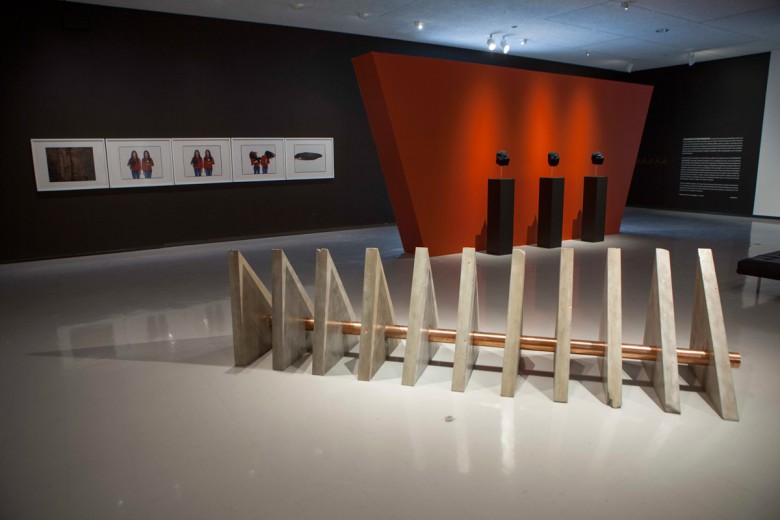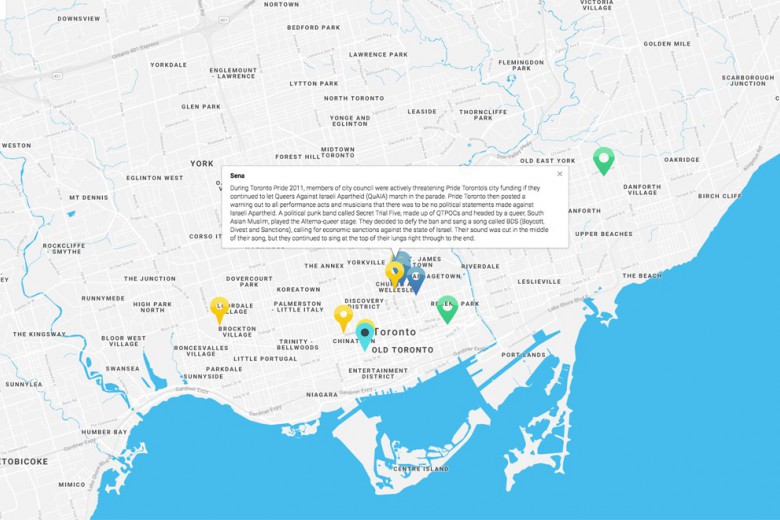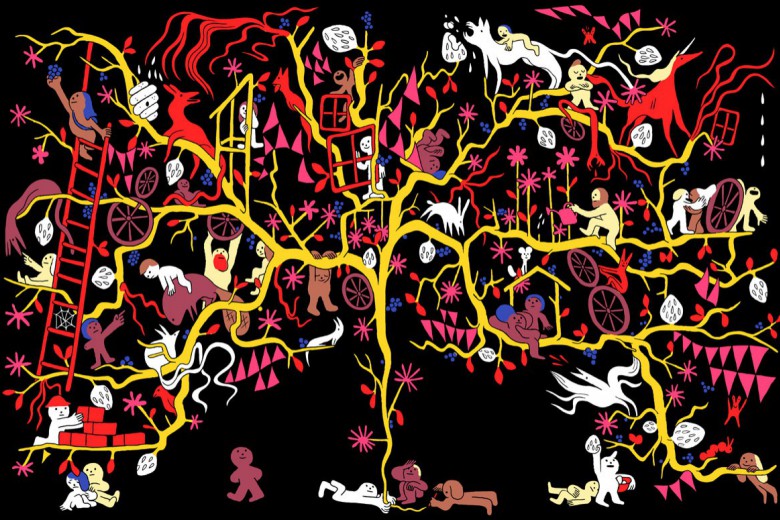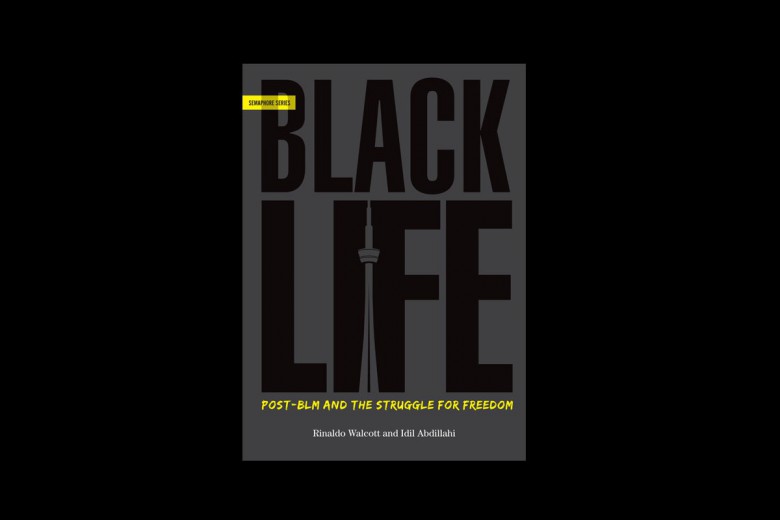
5 Broken Cameras
Directed by Emad Burnat and Guy Davidi
As soon as residents of the Israeli-occupied West Bank village of Bil’in learned of plans to build a wall on their land to make way for a Jewish-only settlement in 2005, non-violent demonstrations erupted. During the same year, Emad Burnat, a local villager, purchased his first video camera to record the birth of his youngest son, Gibreel. From the beginning of the film 5 Broken Cameras, co-directed by Burnat and Israeli filmmaker Guy Davidi, these two events are inextricably entangled.
Over the next five years, Burnat films his village’s weekly demonstrations against the wall and encroaching settlement, often in the face of brutal, unprovoked violence by Israeli soldiers and nearby settlers. Peaceful standoffs with soldiers invariably end in indiscriminate barrages of tear gas, stun grenades, and live bullets against unarmed protesters – many of them young children. Scenes of death and funeral marches become tragically commonplace.
If Burnat’s camera is treated like a dangerous weapon, that is because, in a sense, it is. One camera after another – five in all – either gets shot by Israeli soldiers or smashed by settlers, each one ultimately contributing its own piece of the larger story. “When I film, I feel like the camera protects me,” says Burnat. Yet it is exactly the act of filming, and the raw reality his camera finds, that makes him a regular target of Israeli soldiers. In one memorable scene, a bullet misses Burnat by inches and lodges inside his camera instead, almost certainly saving his life.
Despite the recurrent risk, no incident escapes Burnat’s steady, probing lens. He documents house raids by Israeli soldiers, including one at his own residence in the dead of night; olive orchards burnt to the ground after being set ablaze by violent settler mobs; and his best friend, Phil, getting fatally shot during a routine peaceful demonstration. All the while, little Gibreel is coming of age. We can only wonder what toll these events are taking on his fragile young psyche. Most of the time, it seems too much for him to bear. At one point, Gibreel looks up to his father to ask, “Why don’t you kill the soldiers with a knife?”
“Because they would shoot me,” Burnat calmly responds.
Accompanied by Burnat’s sombre and reflective narration, and composed almost entirely of his own personal footage, 5 Broken Cameras weaves a compelling, unflinching portrait of daily life under occupation. The result is a poignant and introspective chronicle of what happens when the personal and political are forced to collide.
One important question inevitably arises: what kind of lasting impact can a film like this, or advocacy journalism more broadly, hope to achieve? This film by itself is not likely to change the reality on the ground – nor, admittedly, does it aspire to do so. What motivates Burnat is far more simple yet no less difficult to attain: “Healing is a challenge in life. It is a victim’s sole obligation,” he says. “Forgotten wounds cannot be healed. So I film to heal.”
5 Broken Cameras is a powerfully moving portrayal of one Palestinian village’s courageous resistance to ongoing Israeli occupation and colonization. The film is also a story about searching for hope, dignity, and justice against seemingly impossible odds. Above all, however, it is an enduring testament to the universal struggle of memory against effacement.
Because of the footage his cameras captured, Burnat will never forget what he has witnessed. After watching this film, neither will we.






